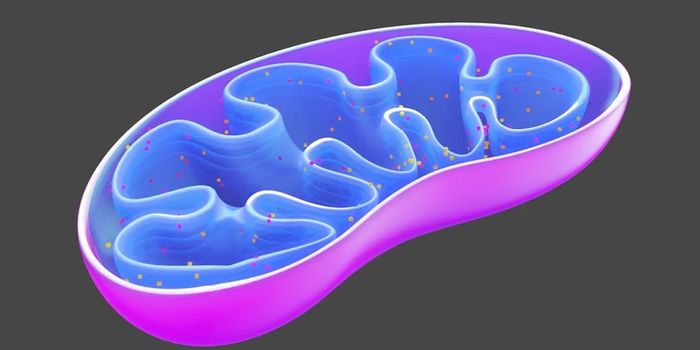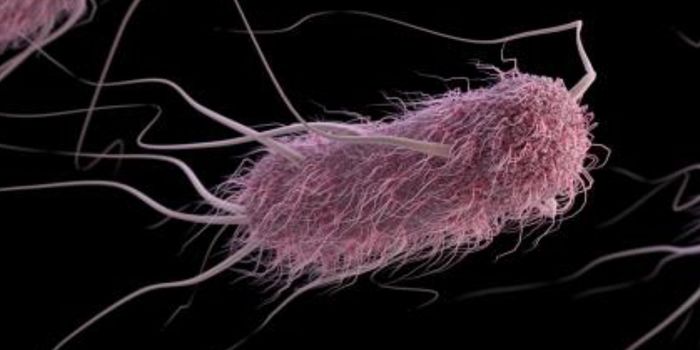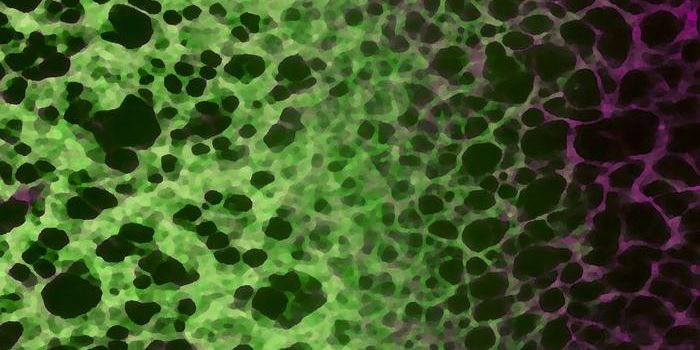Liver Disease Discovery Resolves Controversy
Liver diseases are a serious public health problem. Chronic liver disease is estimated to impact almost 20 percent of the population, about 1.5 billion people around the world. Non-alcoholic fatty liver disease is the world's most common liver disease, while almost 300 million people have hepatitis B. Now scientists have made a significant discovery related to these disorders, which have been thought to involve a type of inflammatory cell death called necropotosis. What has been unclear is whether cell death was happening in liver cells themselves, or immune cells in the liver. Researchers have now shown that liver cells cannot undergo necropotosis. The work has been reported in Gastroenterology.
This study may help resolve a long-standing debate about the role of necroptosis in liver disease, and could help open up new avenues for therapeutic studies that will lead in the right direction.
In this research, the investigators used several animal models of liver disease, such as those that use genetic tools to mimic non-alcoholic fatty liver disease and the advanced form of the disorder, non-alcoholic steatohepatitis.
Several genes that play a fundamental role in necroptosis were also eliminated from liver cells, called hepatocytes, in these models. When that occurred, the liver diseases continued to progress as usual compared to hepatocytes that had not been altered in this way. Necroptosis in hepatocytes therefore seems to be unrelated to liver diseases.
A healthy liver can help get toxins out of the body, and it's crucial to metabolism.
"It's unclear why necroptosis is repressed in liver tissue, but we speculate it may be because the liver is constantly bathed in necroptotic signals such as gut microbial products, so limiting necroptosis could potentially protect the liver from excessive inflammation," suggested study co-leader Dr. Marcel Doerflinger of the Walter and Eliza Hall Institute of Medical Research.
The researchers also assessed human liver samples, including some from nonalcoholic steatohepatitis patients, and found that hepatocytes are unable to generate RIPK3, a protein that is essential to necroptosis. Though liver cells carry the whole genome, including this gene, it is not active in the liver. An epigenetic tag known as methylation was found to be silencing the expression of RIPK3 in liver cells.
"As a result, without this essential protein to carry out its necroptotic function, the cell death pathway can't be initiated," said Doerflinger. This effort has helped to "address many unanswered questions in the field that will guide future pre-clinical trials and clinical studies in this direction."
Sources: Walter and Eliza Hall Institute of Medical Research, Gastroenterology









